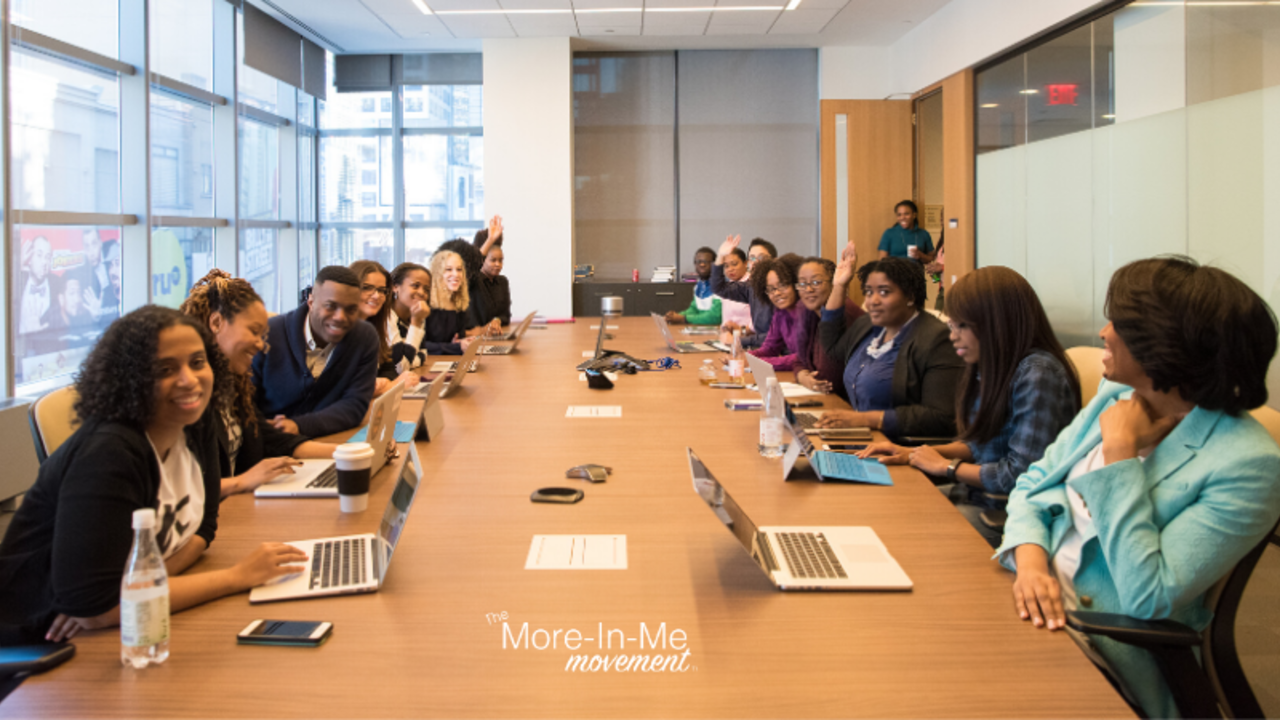Teams exist to produce results but are they good at it?

Recently I was in a meeting with a few colleagues talking about co-developing a customized leadership program for a client. When it came time to decide how we’d actually create the program, one person said “well we all know the best way to develop a program is to lock yourself in a dark room and write it by yourself.” I was surprised (shocked actually) by this comment because this person is someone who works as a team and leadership coach and “knows” all about generating high-quality team experiences. As coaches and leaders, isn’t it important to practice what we teach?
My colleague is human however and unfortunately, her gut level response is indicative of how many people feel when they think about working on teams. “Oh no! Not another team!” We envision complex to-do lists, uneven distribution of work, taking a lot longer to get things done, too many conference calls and of course, conflict among team members resulting in a whole lot of stress, lack of trust and the blame game. Not a great perspective to be in for producing results.
We’ve all participated in teams – at work, at school, in our community. How many of us would say it has been a positive experience?
Positive isn’t a word we typically attribute to what we know of working on a team. However, positivity is one of the fundamental measures of team performance along with the familiar measures of productivity – more, better, faster, cheaper.
When it comes to positivity outcomes, however, they are typically referred to as “soft stuff”, non-essential and only when there is time and budget for “team building” will we invest any resources in these activities. And yet, when times are tough, that’s when we need to pay attention to the positivity or relationship aspects even more. Research shows that there is a direct correlation between the level of positivity on a team and the ability to produce results. Positivity increases employee engagement and retention, improves profitability and fuels creativity and innovation. Positivity isn’t about spending an afternoon doing “funstuff”. It’s about concrete tools like creating a team contract that outlines how the team wants to work together, identifying and minimizing team toxins, learning emotional and cultural intelligence leadership skills, and how to have the conversations we tend to shy away from.
Phil Sandahl, Co-Founder of Team Coaching International (TCI), recently reported that out of a data sample of 200 teams, less than 10% would classify themselves as high performing teams (based on the results of the Team Diagnostic Assessment which has been used with over 1000 teams to date globally.) Why is this happening? According to Sandahl, it’s because they weren’t trained in how to work on a team. I agree.
👉 Have I personally had negative team experiences? I certainly have. I’ve also had some great experiences too. Knowing what it’s like to be on a great team and be able to produce amazing results is what fuels my passion for working with teams to help them have an amazing experience too. That’s what led me to organizations like Team Coaching International and the Center For Right Relationship for advanced training in working with relationship systems and organizations.

